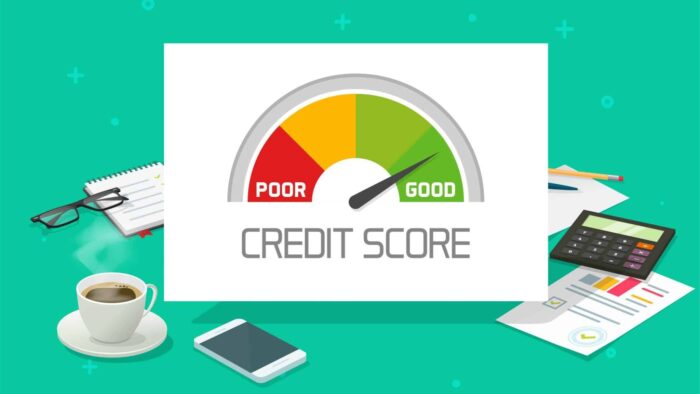Good credit can open the door to exciting financial opportunities. Having a high credit score may let you access lower interest rates when you get a car loan or mortgage or improve your eligibility for premium rewards and travel credit cards.
However, building an excellent credit score takes time and consistency. If you’re wondering how to improve your credit score after a financial setback or simply looking to maintain your high score, our guide can help.
Make On-Time Payments Every Month
Your payment history accounts for a significant proportion of your credit score, so making timely payments is one of the most important steps you can take to build credit.
Late or missed payments can make borrowers look irresponsible, while timely payments create the impression that you’re good at managing debt. Here’s how you can ensure you never miss a payment.
- Set up automatic payments: Setting up automatic payments ensures you never miss a due date.
- Use payment reminders: Calendar alerts or banking notifications can serve as helpful reminders to pay bills on time.
Keep Credit Utilization Low
Credit utilization is the percentage of available credit you’re using. It’s the sum of all balances on your credit cards and lines of credit divided by the sum of your credit limits. It’s expressed as a percentage and plays a crucial role in credit scoring.
Maintaining a low credit utilization rate signals to lenders that you can manage debt well and are not too reliant on credit. Here’s how to optimize your credit utilization for a good credit score.
- Pay off balances in full: Paying off credit card balances each month prevents debt from piling up and keeps utilization low. It also helps you avoid paying credit card interest altogether.
- Request a credit limit increase: Increasing your credit limit can reduce the overall utilization percentage. However, it’s important to keep your spending low.
- Pay down credit card debt to lower your balances: Using debt management strategies such as the debt snowball or debt avalanche method may help you pay off a high credit card balance and lower your credit utilization. Along with improving your credit, this may help reduce the amount you pay in interest.
Maintain Long-Term Credit Accounts
Lenders prefer to see old, well-established credit accounts with a history of responsible use. Closing an older credit card account may lower your score since it reduces the average age of your accounts. Try these approaches instead.
- Keep old accounts open: Even if a credit card isn’t used often, keeping it open can lengthen credit history and contribute positively to a score. Close old accounts only if you’re being charged high fees that aren’t worth the benefits.
- Use older accounts occasionally: Your credit card issuer may close a dormant account even if you don’t request account closure. Making one or two small purchases and paying them off keeps old accounts active and in good standing.
- Be selective when opening new credit lines: Too many new accounts can lower the average age of your accounts, so only get new credit when necessary.
Diversify Your Credit Mix
Having a mix of different credit types can positively impact your credit score. Lenders are looking for evidence that you can manage different types of debt effectively. So, it helps to have a mix of loans and revolving credit such as credit cards, personal loans, student loans, or a mortgage.
- Use different credit products: A combination of revolving credit (e.g., credit cards, lines of credit) and installment loans (e.g., personal loans, car loans) may help strengthen a credit profile.
- Only take on new credit when necessary: It’s not a good idea to take on debt you don’t need. But it may make sense to choose different credit products based on your needs. For example, if you’re planning to upgrade all the appliances in your kitchen, consider using a personal loan instead of paying for your purchases with a credit card.
Improving your credit score requires consistency and patience, so it may be a few months before you see a notable difference in your score. That said, good credit helps you create a strong financial foundation that can benefit you for years to come.
Disclaimer: This content is sponsored by myFICO and is provided for informational purposes only. The information shared here is not intended to serve as financial, legal, or credit-related advice. Readers are encouraged to consult with their personal financial advisors or credit professionals to assess their specific situation. To learn more about myFICO’s services, including credit scores and monitoring tools, please visit the myFICO website or reach out to a myFICO representative.


